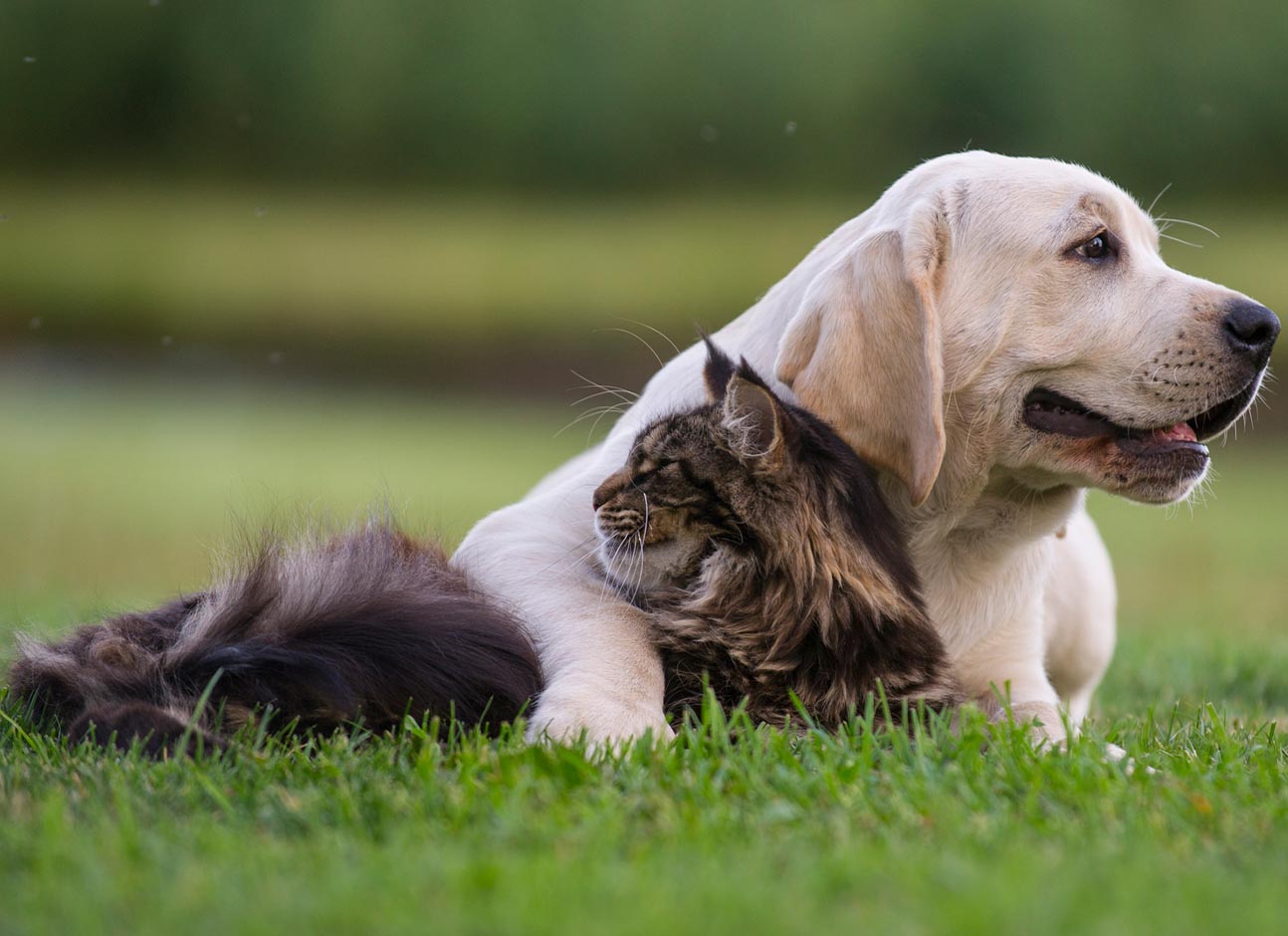Symptoms of Allergies to Cats and Dogs
An allergic reaction to pets is due to a genetic predisposition and is never acquired. Allergic reactions typically occur upon contact with animals and often start with sneezing and tearing, intensifying over the next three hours. The main symptoms of an allergic reaction to dogs and cats are similar but with some differences.
Symptoms of an allergic reaction to cats:
Stuffy nose, sneezing, and excessive tearing appear first.
Coughing, shortness of breath, and breathing difficulties follow.
Itching and hives may also occur.
Symptoms of an allergic reaction to dogs:
Stuffy nose and sneezing.
Tickling throat.
Itching, redness, and rash upon touching the dog’s fur.
Swollen eyelids and development of conjunctivitis.
Diagnosis
Due to the similarity of symptoms, an allergic reaction to pets can be confused with other diseases. If you suspect an allergy, consult a doctor to avoid complications. Skin tests and blood tests are used to diagnose allergic reactions.
Treating Pet Allergies
If you have adopted a pet and experience an allergic reaction, a medical professional can help by prescribing medication to alleviate or eliminate symptoms. However, it’s important to consult a doctor, as severe allergies can cause fever and even asthma attacks. Allergies cannot be cured, but medications can help manage symptoms.
Allergen-specific immunotherapies involve injecting allergy-causing substances in small, increasing doses over time to help build resistance. This therapy can be effective in many cases, but not always.
Treatment for pet allergies can include:
Glucocorticoids.
Histamine H1 receptor blockers.
Mast cell membrane stabilizers.
Vasoconstriction drugs.
Topical corticosteroids may be prescribed for an allergic reaction to pet fur in the form of sprays, suspensions, or eye ointments. These can be used alongside other antihistamine medications.
Prevention
Allergies to pets can be triggered by:
Being in the same room as the pet.
Playing with the animal.
Contact the pet’s fur and belongings.
Cleaning after the animal.
If allergies are mild, regular bathing of the animal and cleaning using a mask can help. Additionally, performing regular wet cleaning with disinfectants is beneficial.
If you are allergic to pets, minimize contact with them. If you cannot part with your pet, ask family members to help care for it and keep antihistamine medications nearby to prevent worsening symptoms.
Timely diagnosis and determination of an allergic reaction allow for efficient and effective management. If you experience relevant symptoms, consult a doctor for advice, analysis, and tests.
